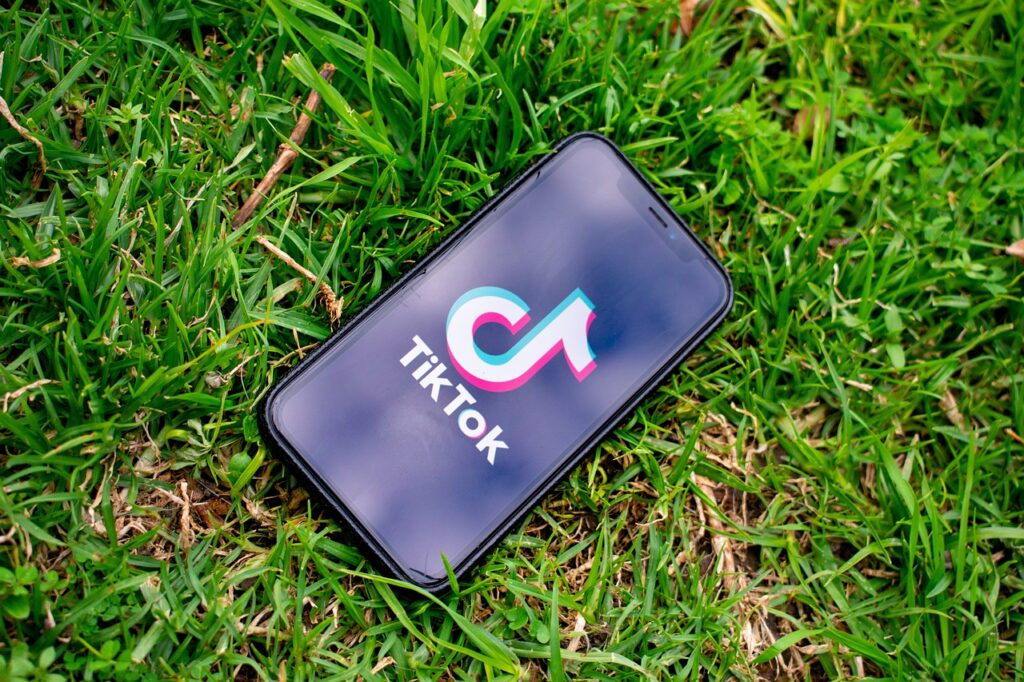
51 hidden gems located outside of Indianapolis
Here’s a curated list of 51 hidden gems located just outside of Indianapolis that are perfect for exploration.

In today’s diverse marketplace, understanding the unique characteristics, preferences, and behaviors of different generations is essential for effective marketing. Each generation, from baby boomers to Generation Z, has distinct values, communication styles, and consumption habits shaped by their upbringing, experiences, and societal influences. In this comprehensive guide, we’ll explore the key differences in how to market to various generations, providing insights, strategies, and best practices to engage each demographic effectively.
Baby boomers represent a significant and affluent demographic cohort with distinct preferences and characteristics:
Communication Preferences: Baby boomers value traditional communication channels such as television, print media, and email. They prefer personalized interactions and appreciate direct mail and phone calls.
Value Proposition: Emphasize your marketing messages’ quality, reliability, and durability to resonate with baby boomers. Highlight how your products or services enhance their quality of life and address their specific needs and concerns.
Trust and Authority: Establish trust and credibility with baby boomers by showcasing endorsements from industry experts, testimonials from satisfied customers, and certifications or awards that validate your brand’s reputation.
Nostalgia Marketing: Tap into baby boomers’ nostalgia for the cultural icons, trends, and experiences of their youth. Incorporate nostalgic references and retro themes in your marketing campaigns to evoke emotional connections and resonate with their memories.
Family-Centric Messaging: Highlight family values and experiences in your marketing content, as baby boomers prioritize family relationships and traditions. Position your brand as a trusted partner that understands and supports their family-oriented lifestyle.

Generation X is characterized by their independence, pragmatism, and skepticism towards traditional marketing approaches:
Authenticity and Transparency: Generation X values authenticity and transparency in marketing messages. Be honest, genuine, and transparent in your brand communications, avoiding exaggerated claims or manipulative tactics.
Personalization and Relevance: Offer personalized experiences and tailored recommendations based on Generation X’s preferences and past interactions with your brand. Leverage data analytics and customer segmentation to deliver targeted marketing messages and offers that resonate with individual needs and interests.
Tech-Savvy and Digital Channels: While Generation X is comfortable with technology, they prefer a balanced approach that integrates both traditional and digital channels. Utilize a mix of channels such as television, email, social media, and websites to reach Generation X effectively.
Value Proposition: Highlight the value proposition of your products or services, emphasizing their practical benefits, cost-effectiveness, and utility. Focus on how your offerings address the specific needs, challenges, and pain points of Generation X consumers.
Family and Career Balance: Recognize the dual roles of Generation X as caregivers for both children and aging parents. Offer solutions and support that help them balance family responsibilities with career advancement and personal fulfillment.

Millennials, also known as Generation Y, are the largest and most diverse demographic cohort, known for their tech-savvy, socially conscious, and experiential mindset:

Generation Z, the digital natives, are characterized by their tech-savvy, socially conscious, and diverse mindset:
Short-Form and Snackable Content: Generation Z has short attention spans and prefers short-form, snackable content that can be consumed quickly on mobile devices. Create bite-sized videos, memes, and interactive experiences that capture their attention and spark engagement.
Authenticity and Transparency: Generation Z values authenticity and transparency in brand communications. Be genuine, relatable, and transparent in your marketing messages, avoiding overly polished or scripted content that feels inauthentic or insincere.
Visual and Interactive Content: Leverage visual mediums such as videos, images, and animations to create visually stimulating and interactive content experiences that resonate with Generation Z. Experiment with innovative formats and creative storytelling techniques to capture their imagination and encourage participation.
Socially Conscious Brands and Causes: Generation Z is socially conscious and values brands that champion social causes, diversity, and inclusion. Demonstrate your brand’s commitment to social responsibility and ethical practices, and support causes that resonate with Generation Z’s values and priorities.
Mobile-First and Omni-Channel Engagement: Generation Z is mobile-first and expects seamless experiences across multiple channels and touchpoints. Optimize your marketing campaigns for mobile devices, and leverage omni-channel strategies to reach Generation Z wherever they are, from social media platforms to messaging apps and beyond.
Marketing to different generations requires a nuanced understanding of their unique characteristics, preferences, and behaviors. By tailoring your marketing strategies to resonate with each generation’s values, communication styles, and consumption habits, you can effectively engage and connect with diverse audiences across the generational spectrum. Remember to prioritize authenticity, relevance, and empathy in your marketing efforts, and continuously adapt and evolve your strategies to stay attuned to the changing needs and expectations of each generation.
Explore more insights on videography on our blog! Dive into valuable content at Sergi Studios Blogs.

Here’s a curated list of 51 hidden gems located just outside of Indianapolis that are perfect for exploration.

Here are some tips on how to use video production to market on TikTok:

Corporate video production involves creating video content commissioned by a business or organization.

Promoting your business with video in Indianapolis, Indiana can be highly effective given the city’s dynamic and diverse market.

In today’s digital age, businesses are constantly seeking innovative ways to capture the attention of their target audience and stand out from the competition.

Promoting your business with video in 2025 will continue to be a powerful way to engage audiences and expand your reach.
2026 Copyright Sergi Studios. All rights reserved.